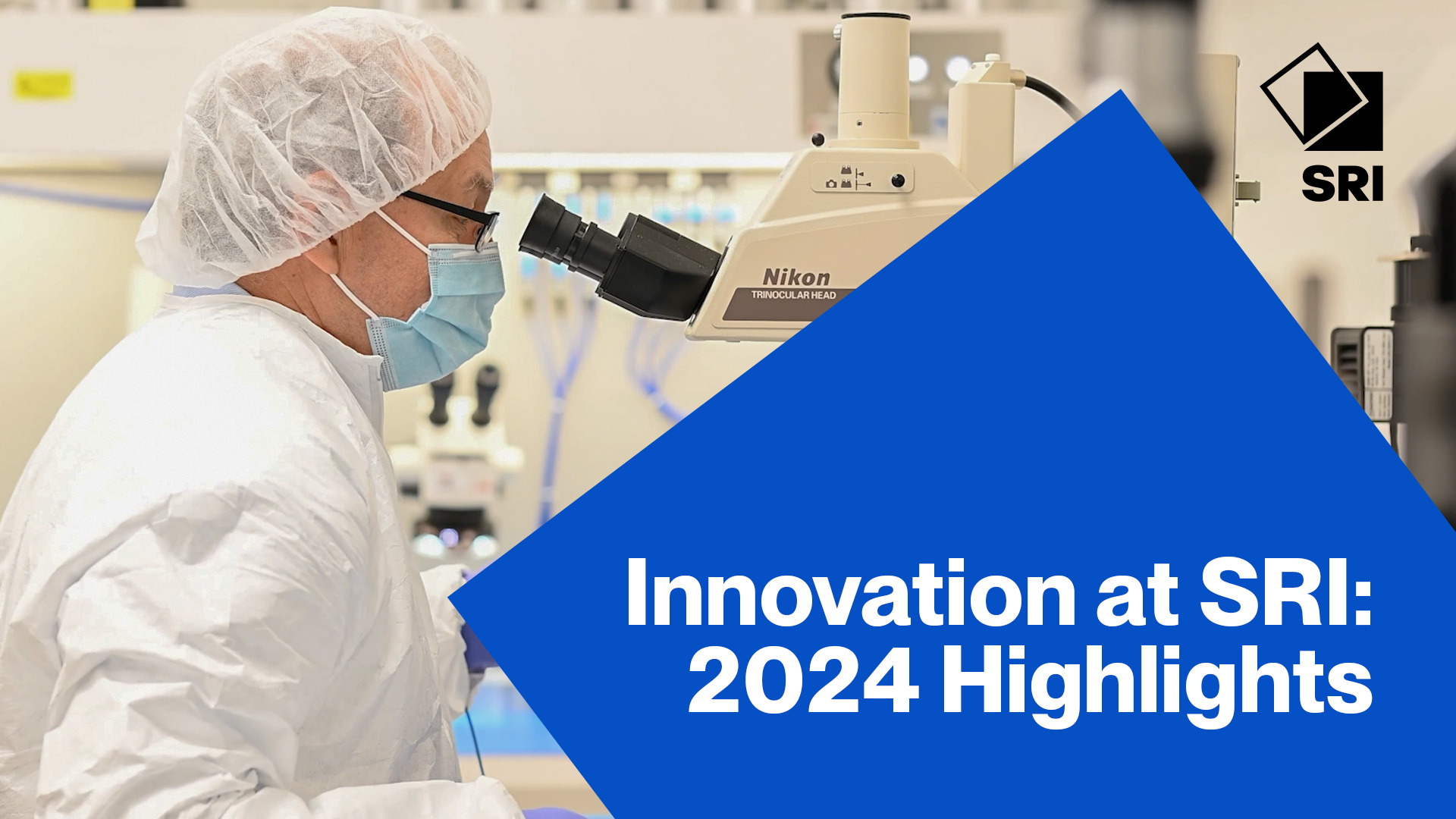
SRI’s Center for Innovation Strategy and Policy shows how the state can achieve a thriving electronic vehicle manufacturing hub.
As a state with a rich manufacturing legacy, Wisconsin is home to a large and diverse automotive sector comprising firms that supply raw materials for the automotive industry, manufacturers that produce automobile parts, and original equipment manufacturers (OEMs) that assemble these parts into complete vehicles.
But with the ongoing transition by carmakers toward EV supply chains, there is a need to understand how the EV transition will affect Wisconsin’s automotive sector and to identify the types of companies that will most likely be disrupted by the transition.
To develop this understanding, and to craft a strategy for Wisconsin’s manufacturers to become integral players in the rapidly growing EV market, the Wisconsin Economic Development Corporation hired SRI International and its Center for Innovation Strategy and Policy to engage with stakeholders throughout industry, academia, and government, to conduct an extensive quantitative data analysis and design a long-term industry transition strategy.
“SRI’s analysis has demonstrated that Wisconsin has a competitive advantage in the quickly evolving EV industry based in part on its strategic location, manufacturing legacy, presence of industry leaders, and robust network of technical colleges,” said Christiana K. McFarland, Director of SRI’s Center for Innovation Strategy and Policy. “Our strategies leverage these strengths and address ways the state can accelerate innovation and collaboration, while meeting the needs of workers, businesses, and communities vulnerable to this transition.”
SRI’s analysis, released in March 2023, includes six major recommendations:
- Enhancing productivity through modernization and upskilling.
- Scaling up the state’s middle-skill worker pipeline by investing in worker training through the Wisconsin technical college system.
- Increasing manufacturers’ access to regional, national, and global EV markets.
- Building connections between Wisconsin innovators and the EV industry.
- Aligning EV policymaking with state economic development interests.
- Preparing for the future of mobility and sustainability.



